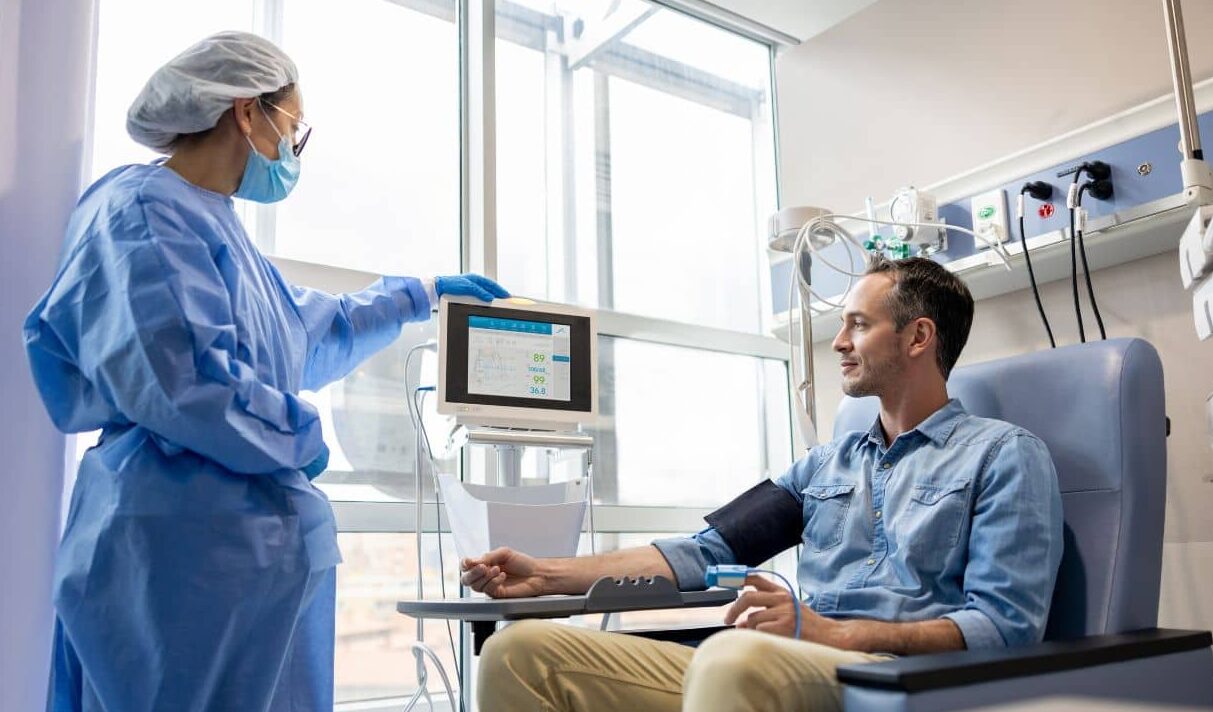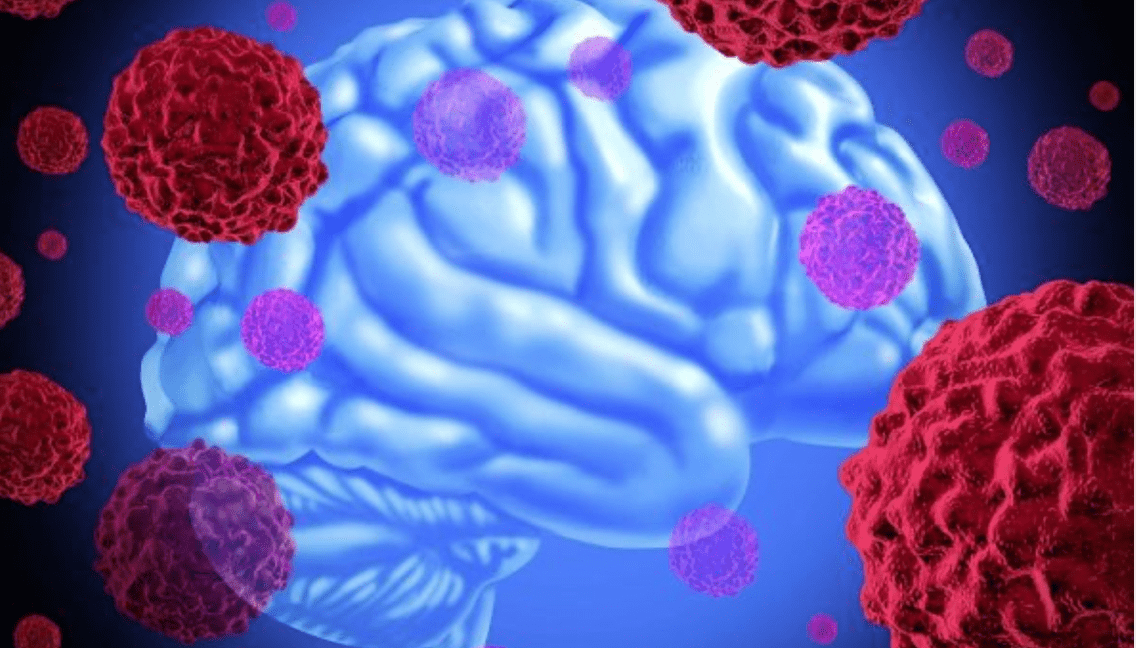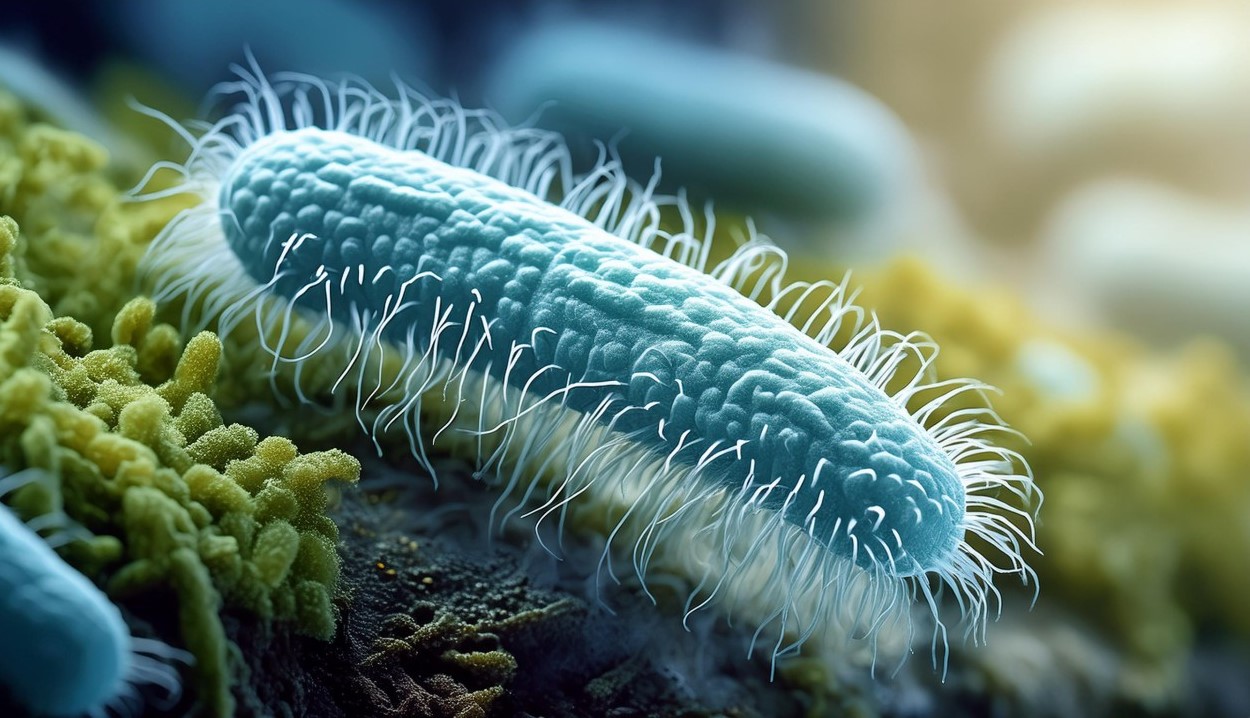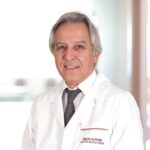-
 News
When glucose levels are low, chemotherapy ceases to affect cancer cells
News
When glucose levels are low, chemotherapy ceases to affect cancer cells
-
 News
Excessive treatment of prostate cancer in older men may reduce quality of life without increasing its duration
News
Excessive treatment of prostate cancer in older men may reduce quality of life without increasing its duration
-
 News
Brain cancer can be cured by viruses
News
Brain cancer can be cured by viruses
-
 News
Ways to reduce lymphatic pain in breast cancer have been found
News
Ways to reduce lymphatic pain in breast cancer have been found
-
 News
Scientists have turned bacteria into a powerful weapon against cancer
News
Scientists have turned bacteria into a powerful weapon against cancer
All news
Thyroid adenoma treatment
Benign adenoma is the most common type of thyroid tumor. This neoplasm with the surrounding capsule can grow up to 10 cm.
- Every second person after 60 years has a risk of developing an adenoma.
- More common in women.
Modern diagnostics: ultrasound-guided fine-needle biopsy, radioisotope scanning, cytological and hormonal analyzes.
Innovative treatment: total or partial thyroidectomy, ethanol destruction, radioiodine therapy.
Are you interested in adenoma treatment? Leave a request on the website and you will receive a free consultation from the Medical Coordinator!
MedTour patients recommend clinics for the treatment of thyroid adenoma:
Doctors for the treatment of thyroid adenoma
Frequently Asked Questions
It is a benign tumor of thyroid cells. It affects the hormonal balance in the human’s body and can develop into cancer.
There are such types:
- Follicular – the most common form, it has 5 subtypes,
- Others: papillary, oxyphilic (the most dangerous), toxic, clear-celled, atypical.
Risk factors include:
- Environment: areas with iodine deficiency,
- Alcohol: drinking it increases the thyroid gland, especially in women,
- Elevated levels of insulin-like growth factor 1 (IGF-1),
- Uterine fibroids: Women with uterine fibroids have twice the risk of neoplasm than women with a normal uterus.
Most types of adenomas are asymptomatic. But due to its large size, the neoplasm can press on the structures of the neck, causing symptoms:
- Dysphonia – change of voice,
- Pain in the neck,
- Shortness of breath,
- Dysphagia – difficulty swallowing,
Some types of adenomas produce hormones and cause symptoms of hyperthyroidism:
- Clammy and cold skin,
- Rapid pulse,
- Increased appetite,
- Nervousness,
- Anxiety,
- Redness of the skin,
- Weight loss.
Overseas hospitals use the following diagnostic methods:
- Laboratory tests: blood tests, determination of hormone levels,
- Ultrasound procedure,
- Scintigraphy (radioisotope scanning),
- Fine-needle biopsy under ultrasound control,
- CT and MRI.
Overseas hospitals use the following methods:
- Thyroidectomy,
- Ethanol destruction,
- Medical therapy with radioactive iodine.
International standards for the diagnosis and treatment of thyroid adenoma abroad
In foreign clinics, the examination of each patient includes the determination of the level of thyroid-stimulating hormone (TSH) and ultrasound. Hyperthyroidism (elevated TSH levels) is often associated with the presence of neoplasms in the organ. If TSH is lowered, foreign doctors measure free T4 and perform scintigraphy.
Doctors in foreign clinics prescribe cytological examinations to the patient with following indications:
- Any knot larger than 1 cm,
- High-risk clinical characteristics or family history,
- Suspicious signs of ultrasound,
- Paralysis of the vocal cords.
Scintigraphy
This is visualization of organs using radioactively labeled substances. Thyroid tissue is characterized by the ability to store iodine. Radioiodine scintigraphy uses this: if radioactively labeled iodine (technetium) is injected into the blood, it accumulates in the tissue and will be visible with X-ray film.
Fine needle biopsy
To determine the benign quality of the neoplasm and to confirm the diagnosis of adenoma, a fine-needle biopsy is performed in foreign clinics. In this procedure, cells are taken from a suspicious area of an organ using a fine needle under ultrasound guidance and examined under a microscope (cytology).
Surgical removal
Doctors of foreign clinics recommend an operation to remove part or all of the thyroid gland if:
- The thyroid gland produces too many hormones.
- The patient has symptoms such as trouble swallowing or breathing.
- Increased risk of thyroid cancer.
Ethanol destruction
Clinics abroad carry out alcohol destruction – the introduction of ethanol (alcohol) into the adenoma in order to reduce it. It is a reliable method and does not require surgery.
Drug therapy
When adenomas produce too much thyroid hormone, patients are treated with radioactive iodine. It reduces node’s size and activity.
Published:
Updated:









